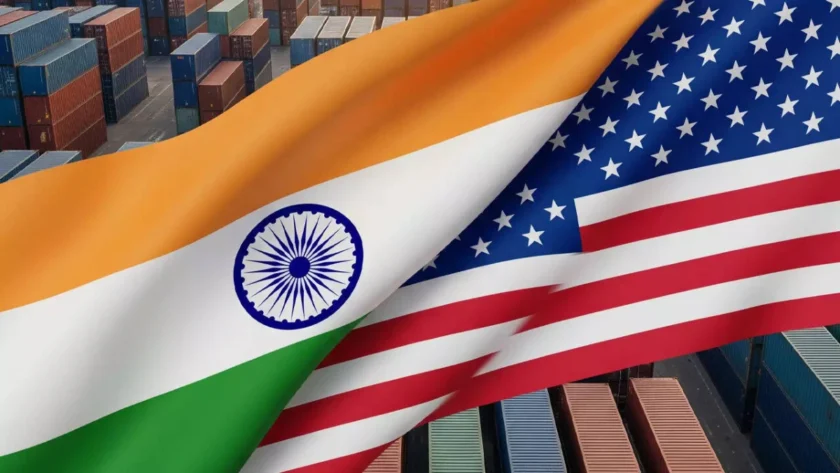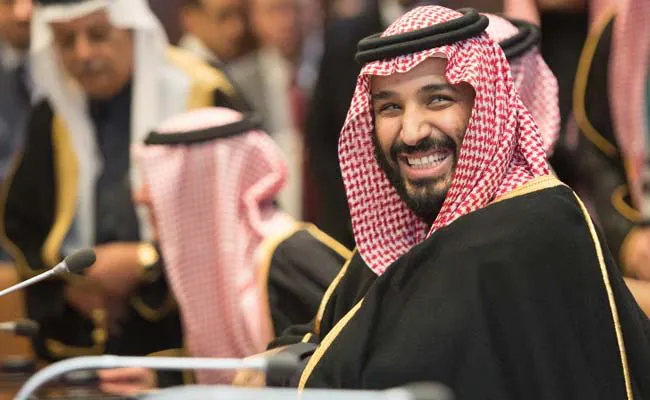Washington/Caracas: Venezuela has ramped up military preparations along its borders and called upon its youth to join citizen militias after President Nicolás Maduro warned of the “biggest threat of the century” in the region. His remarks came in response to the U.S. deploying a fleet of heavily armed warships near Venezuelan waters under President Donald Trump’s administration.
Maduro accused the United States of stationing eight warships, armed with nearly 1,200 missiles, close to Venezuelan territory, branding the move “criminal, immoral, and a bloody threat.” He declared that if attacked, Venezuela would transform itself into an “armed republic” in defense of its sovereignty.
Venezuela’s Military Response
In an address to the nation, Maduro said:
“Amid this immense military pressure, we have declared maximum preparedness to defend our country.”
The Venezuelan leader confirmed the deployment of nearly 15,000 soldiers to the country’s western border with Colombia. He also urged young citizens to join the militia forces, framing the crisis as a struggle for national survival.
Washington Denies Invasion Plans
While Maduro has warned of a U.S. plot to topple his government, American officials insist the naval presence is aimed at countering regional drug cartels, not launching an invasion of Venezuela. Reports indicate that thousands of U.S. troops, along with advanced naval assets, have been stationed in the Caribbean Sea.

The U.S. Navy fleet in the area includes the guided-missile cruiser USS Lake Erie, the fast-attack nuclear submarine USS Newport News, Arleigh Burke-class destroyers USS Gravely, USS Jason Dunham and USS Sampson, littoral combat ship USS Minneapolis-Saint Paul, as well as amphibious assault vessels USS Wasp, USS San Antonio, and USS Fort Lauderdale. In total, around 4,500 U.S. personnel, including 2,000 Navy sailors, are currently deployed.
Decades of Strained Relations
The standoff marks the latest flashpoint in decades of fraught relations between Washington and Caracas. Since 2019, the U.S. has refused to recognize Maduro’s presidency, instead backing opposition leader Juan Guaidó. Washington accuses Maduro of authoritarianism and corruption, while Maduro claims the U.S. is orchestrating a campaign of regime change.
The Associated Press reported that tensions could intensify further this week, with three additional U.S. amphibious assault ships expected to enter the Caribbean region.
Regional and Global Implications
Analysts warn that the crisis could destabilize an already fragile region. While the U.S. insists its actions are part of anti-drug operations, Venezuela views them as a prelude to intervention. With thousands of troops mobilized on both sides and no sign of dialogue, fears of escalation are growing.
Maduro’s government has called the U.S. naval presence “the most dangerous provocation of the century” in Latin America, while Washington maintains it is targeting criminal networks, not nations.










